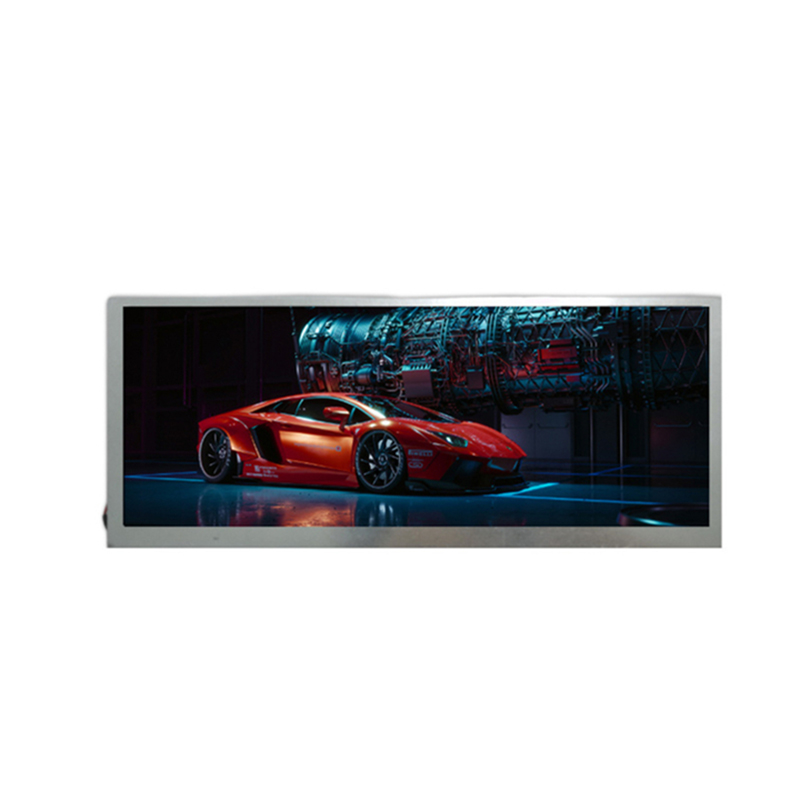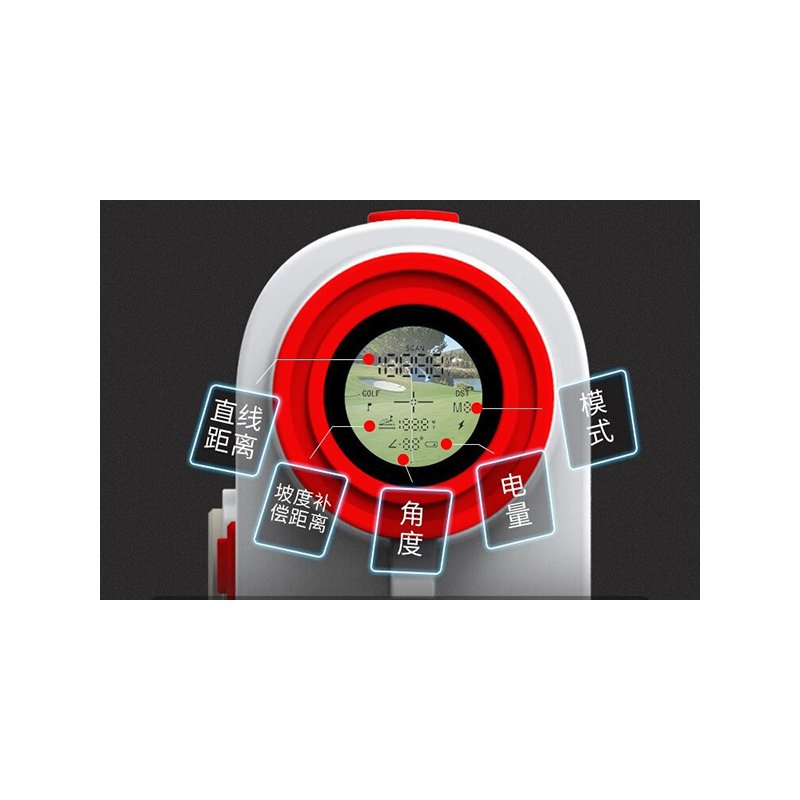
Integrating a TFT display with your Arduino Due project significantly enhances user interaction and data visualization. However, the sheer number of manufacturers and display options can be overwhelming. This guide aims to simplify your selection process by providing a comprehensive overview of key considerations and reputable manufacturers.
The resolution (measured in pixels, e.g., 320x240) and physical size of the display are crucial factors. Higher resolutions provide sharper images and more detail, but larger displays may require more power and processing resources. Consider the intended application and the amount of information you need to display when making your choice. A smaller display might be ideal for a portable device, while a larger one is better suited for a stationary application.
The Arduino Due TFT display interface determines how the display communicates with the microcontroller. Common interfaces include SPI and parallel. SPI is generally preferred for its simplicity and efficiency, especially with the Arduino Due. Ensure compatibility between your chosen display and the Arduino Due's capabilities.
Many TFT displays incorporate touchscreen functionality, adding another layer of interactivity to your project. Resistive, capacitive, and projected capacitive touchscreens each have their advantages and disadvantages regarding sensitivity, durability, and cost. Consider the level of responsiveness and accuracy required for your application.
The backlight type (LED, fluorescent) impacts power consumption, lifespan, and the overall visual appeal. Brightness is another essential consideration, especially for outdoor applications or applications in bright ambient light. Choose a backlight with sufficient brightness for your project's specific use case.
Several reputable manufacturers produce high-quality Arduino Due TFT displays. While a complete list is beyond the scope of this guide, here are some prominent players in the market:
| Manufacturer | Key Features | Considerations |
|---|---|---|
| Dalian Eastern Display Co., Ltd. (https://www.ed-lcd.com/) | Wide range of sizes and resolutions, competitive pricing, custom options available. | Check lead times and minimum order quantities. |
| Adafruit | Excellent documentation and community support. | Potentially higher prices compared to some manufacturers. |
| Waveshare | Variety of displays, often with integrated touchscreens. | Thorough review of specifications before purchase is recommended. |
Table 1: Comparison of Arduino Due TFT Display Manufacturers
The ideal Arduino Due TFT display depends heavily on your project requirements. Carefully consider the factors discussed above before making your purchase. Don't hesitate to explore various manufacturers' websites and compare specifications to find the best fit for your needs. Remember to check for community support and available documentation to ensure a smooth integration process.
This guide provides a starting point for your research. Further investigation into specific manufacturers and their product lines will help you choose the perfect Arduino Due TFT display for your next project.












